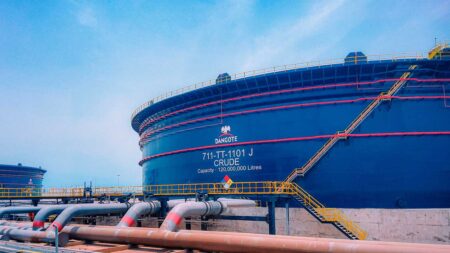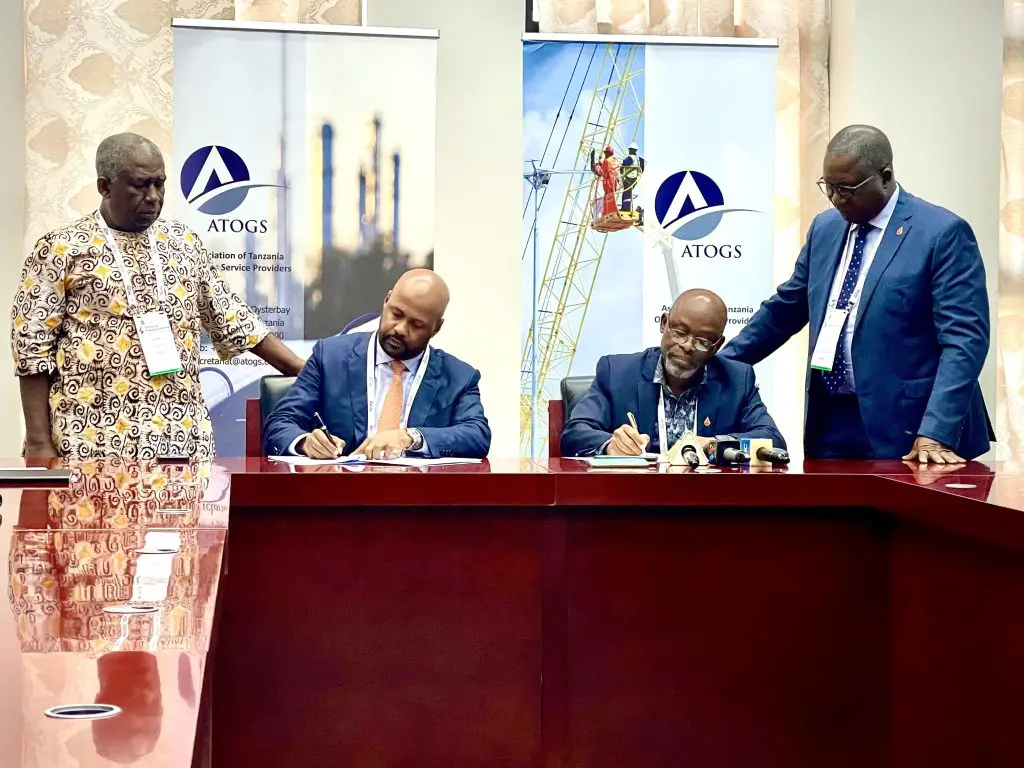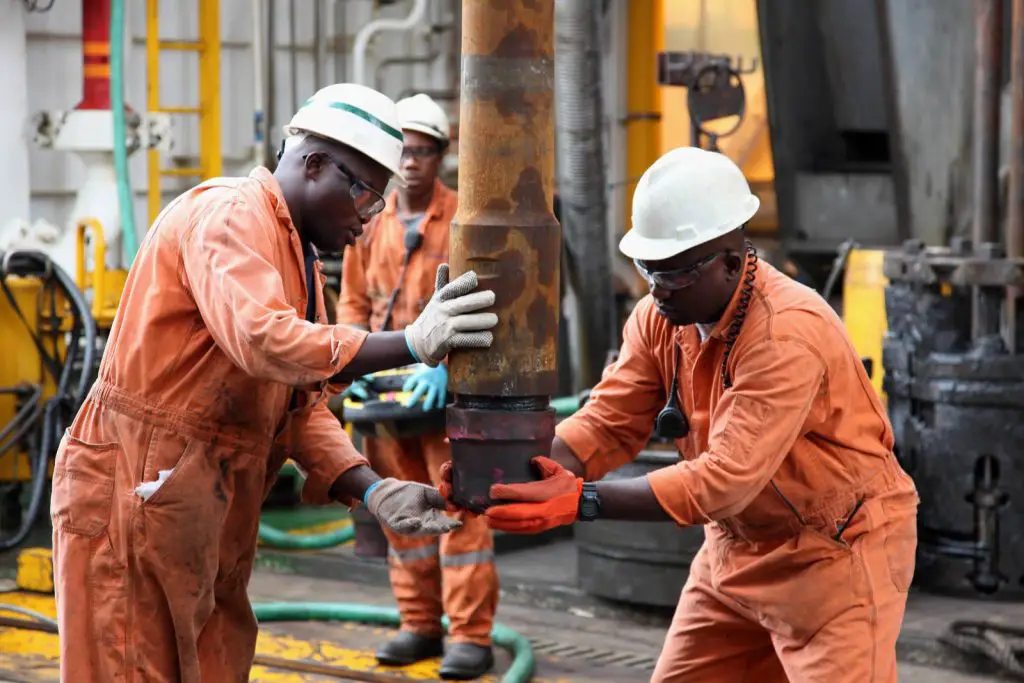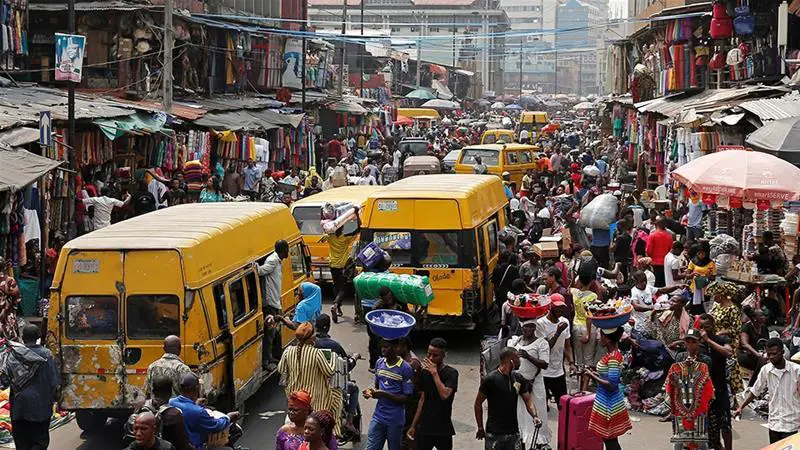Trending
- AIM Congress 2025: PAL-V’s FlyDrive vehicle showcases next-gen mobility
- The unlikely hero? Public transport’s surprising role in EA’s green mobility shift
- Ethiopia unveils plans for Africa’s largest airport in $7.8 billion project
- Pharma Julphar announced as lead partner for AIM Congress 2025
- Copper: Balancing mineral needs and environmental care
- Rethinking waste: Can Uganda’s textile upcycling inspire an EAC-wide shift?
- The hidden cost of Uganda’s love for second-hand clothing
- AIM Congress 2025 to host forums tackling global market challenges and investment trends









